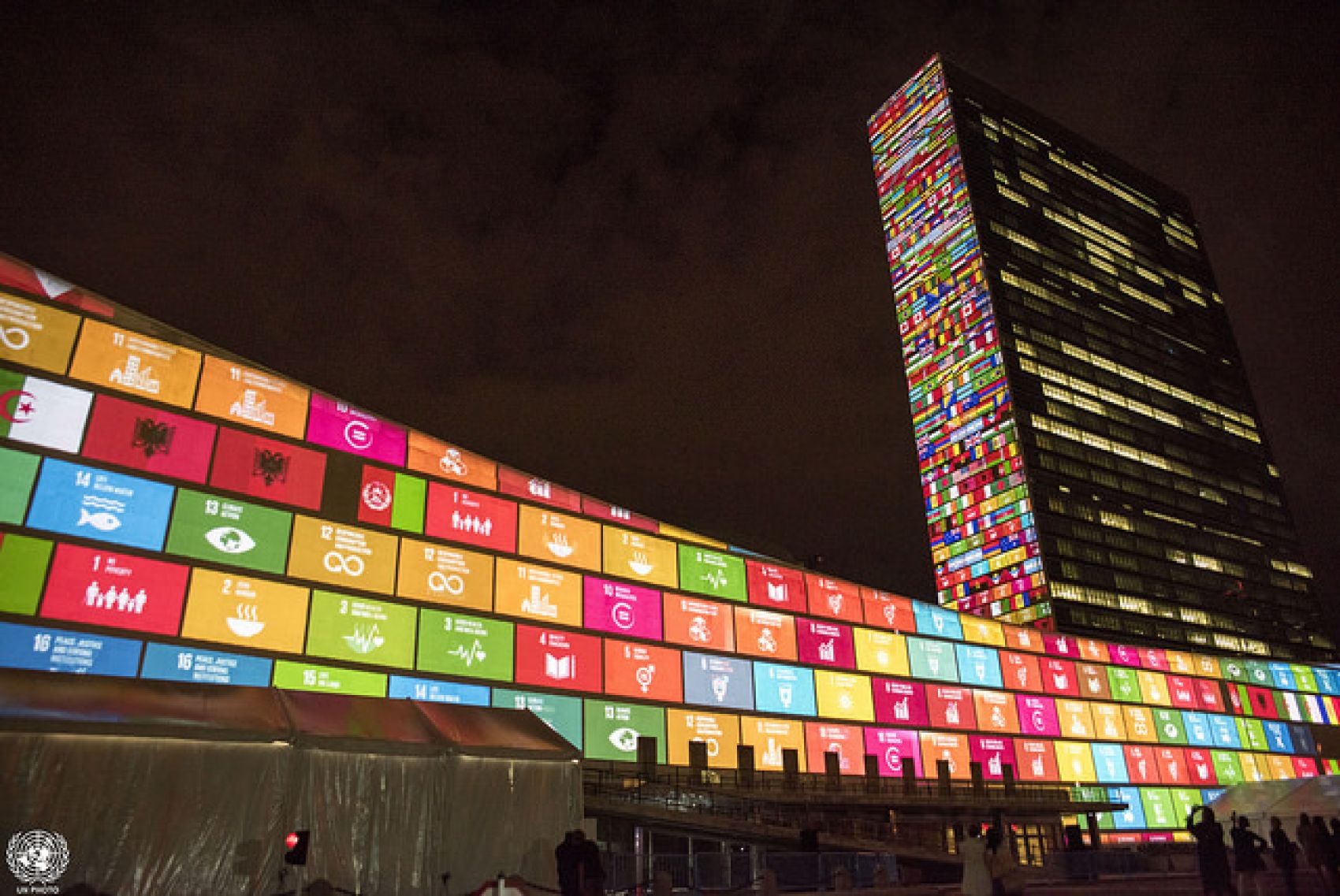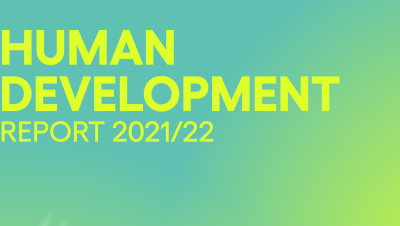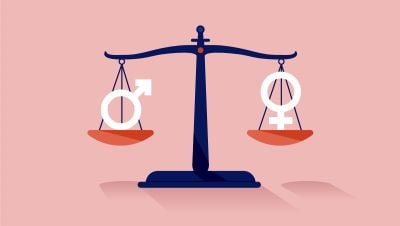Human dignity is inviolable. This principle has not changed since 1948 when it was formulated by the United Nations in the Universal Declaration of Human Rights. It does not stop at national borders and applies to everyone regardless of age, gender or religion. However, to what extent have we lived up to this high principle? How far have we progressed in reality towards ensuring that every individual can lead a life in dignity? The Human Development Report sheds light on this regularly. By placing the focus on individuals, it also highlights the necessity of investing in people: in health, in education and training, in economic and social infrastructure.
Poverty and hunger, state fragility and terror— we are aware of these and other existential challenges. However, we also know that good human development is possible. Even in the poorest regions there are not only natural resources, but also tremendous creativity, innovative drive and a willingness to work hard. We have to make the most of these assets in order to seize the opportunities for a life in dignity— regardless of how difficult that might be in some cases.
At a time of increasing globalization, life chances on the different continents are more closely interconnected than ever before. It is therefore all the more important to act jointly on the basis of shared values. That is why we have adopted the 2030 Agenda with its global Sustainable Development Goals. That is why we have concluded a global climate agreement. As a result of these instruments, all states have an obligation and responsibility to tackle the key challenges facing humankind— from the eradication of poverty and the protection of the climate, nature and the environment to ensuring peace.
In many respects, viable answers to such crucial questions require us to fundamentally change how we think and act in the way we live and work. The economy, social issues and the environment have an impact on each other. Economic productivity, social responsibility and protection of the natural resources on our planet therefore have to be reconciled. This is exactly the meaning of the principle of sustainability, which the 2030 Agenda is aiming for. In its essence, it is about nothing less than a life in dignity, justice and peace, a life in an intact environment, social security and the opportunity for every individual to reach their economic potential.
The 2030 Agenda has laid the cornerstone of a new global partnership in which Germany too is assuming an active role. Already in July 2016, at the first High-Level Political Forum in New York, the German government reported on the steps taken towards implementing the agenda at national level, as well as the measures to follow. At the international level we will use our G20 presidency in 2017 in particular to set priorities on the AGENDA.
The consistent implementation of the 2030 Agenda also calls for a transformation of the international system. One key task of the new UN Secretary-General, António Guterres, will therefore be to make the UN structures and institutions fit for purpose. Germany will be happy to support him in this process.
Modern information and communications technologies offer major opportunities for the successful implementation of the 2030 Agenda. They boost the efficiency, effectivity and transparency of measures and processes, thus saving time and money. They open up new possibilities for dialogue and cooperation. They enable everyone to have access to knowledge.
Broader access to information can, not least, promote development policy goals in areas such as good governance and rural development, as well as education, health and the development of financial systems. The development and expansion of digital infrastructure can create new opportunities for economic growth and employment in both industrialized and developing countries. The important thing is to eliminate existing differences not only between industrialized and developing countries, but also within developing countries, for example between urban and rural regions.
Alongside access to modern technologies, there is the question of digital inclusion. The right qualifications are essential if every man and woman is to participate in the digital world on an equal basis in both economic and social terms. This, too, will be one of the focal issues during Germany’s G20 presidency.
Not only determination, but also unity are required in order to master the diverse global challenges and in some cases crisis-ridden developments. The 2030 Agenda provides us with a comprehensive and forward-looking approach for shaping our world together— not any old way, not at the expense of people and nature in other regions but for the benefit of everyone in our one world. We all have a responsibility, day in and day out, to make sustainability a guiding principle in action— as responsible politicians and decisionmakers in business and society, as individuals who are truly interested in our future.
Before the adoption of the 2030 Agenda it was the time to negotiate. Now is the time to act. It is up to us to enable everyone to live a life in dignity.
This text was originally published in the Human Development Report 2016 “Human Development for Everyone”. Please see special contribution on page 167.
The HDialogue blog is a platform for debate and discussion. Posts reflect the views of respective authors in their individual capacities and not the views of UNDP/HDRO.
HDRO encourages reflections on the HDialogue contributions. The office posts comments that support a constructive dialogue on policy options for advancing human development and are formulated respectful of other, potentially differing views. The office reserves the right to contain contributions that appear divisive.
Photo: UN Photo/Cia Pak


